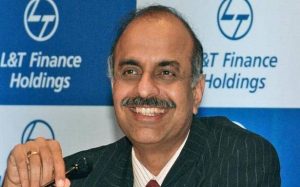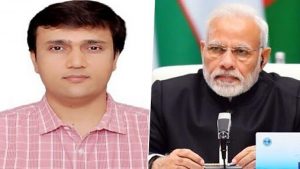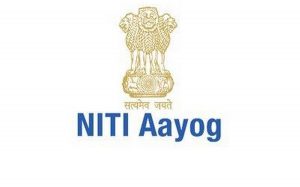VisionIAS
21:06

1) NASA & ULA launched Mars 2020 Perseverance Rover Mission

•The ULA Atlas V’s Centaur upper stage will initially place the Mars 2020 spacecraft into a parking orbit around Earth. NASA has launched the Mars 2020 Perseverance rover mission to search for signs of ancient life and collect samples to send back to Earth.
2) Russia chaired 6th BRICS Environment Ministers’ Meeting
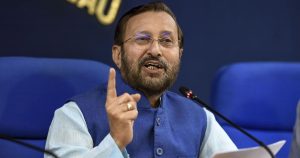
•Union Environment Minister, Shri Prakash Javadekar represented India in the BRICS Environment Ministers’ Meet. During the meet, the minister highlighted the efforts made by India in controlling Air pollution such as the National Clean Air Programme (NCAP) which was launched in 2019.
3) SIDBI & TransUnion CIBIL launches portal “MSMESaksham”

•MSMESaksham will provide MSMEs quick access to finance and empower them by making them financially aware and loan-ready so that timely and affordable financial support is realised. It will also guide them across their credit life cycle. It will also comprise a consolidated list of all the schemes launched by the Centre and state governments for MSMEs.
4) Ministry of Tribal Affairs receives SKOCH Gold Award

•The 66th SKOCH 2020 Competition was held with name “INDIA RESPONDS TO COVID THROUGH DIGITAL GOVERNANCE”. The Ministry of Tribal Affairs (MoTA) participated in the DIGITAL INDIA & E-GOVERNANCE-2020 Competition.
5) Hamed Bakayoko named as Prime Minister of Ivory Coast
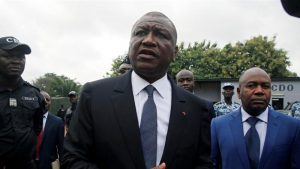
•Hamed Bakayoko was a founding member of the Rally of the Republicans (RDR) party and was also in charge of the party’s daily newspaper, Le Patriote. He also served as the minister of new information and communication technology from 2003 to 2011 in the national unity government. He has also been a mayor of Abobo, one of most populous districts of the country, since 2018.





